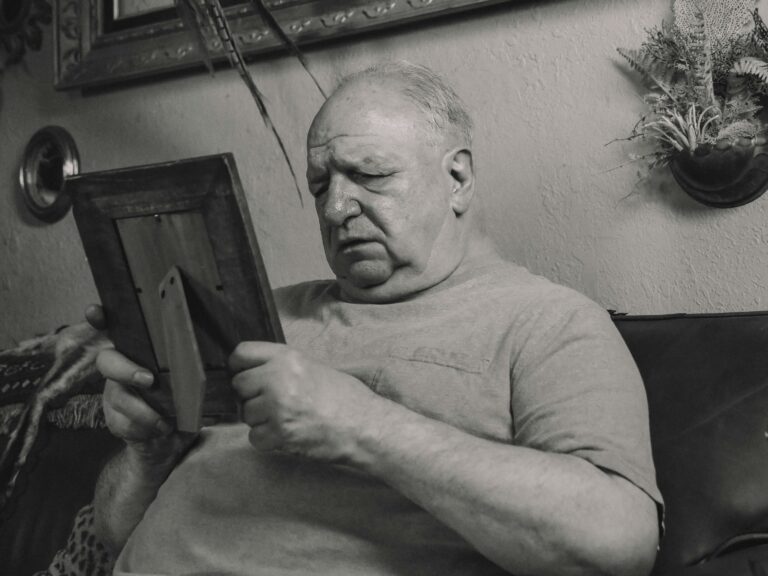
Godparents Lack Legal Rights If Not Named as Guardians for Minor Children
Choosing godparents for your children is an important decision for many families. However, it’s crucial to understand that godparents do not have any legal rights, unless you name them guardians in your will. If you’d like your children’s godparents to serve as guardians in an emergency, consider if they’re suitable for the responsibility and take the legal steps needed to recognize them as guardians.
What Is the Difference between a Godparent and a Guardian?
Parents often choose godparents to have a religious or spiritual influence on their children. They are typically involved in special ceremonies, such as baptisms, and may play a supportive role in their children’s upbringing. However, being a godparent does not grant any legal rights or responsibilities over the child.
On the other hand, a guardian is legally responsible for the care and upbringing of a minor child if the parents pass away or are unable to care for them. According to Forbes, guardianship is a significant legal role that includes making decisions about the child’s education, healthcare and general welfare.
Why Can’t Godparents Automatically become Guardians?
The main reason godparents cannot automatically become guardians is that the roles are different in nature and responsibility. While godparents are chosen for their moral and spiritual guidance, guardians are chosen to take on the full parental role in case of an emergency. While there is overlap between these roles, a capable spiritual guide will not always have the time and resources to become a parent.
What Should You Consider when Choosing a Guardian?
Choosing a guardian for your children is a complex and often emotional decision. Here are some key factors to consider:
Lifestyle Fit
Think about the potential guardian’s age and life situation. Asking someone to raise your children is a big request, and choosing someone whose lifestyle can accommodate this responsibility is essential. For example, a guardian with grown children might face a significant lifestyle adjustment if asked to care for young children again.
Location
Ideally, the guardian should live near your home. This minimizes the disruption to your child’s life, allowing them to stay in the same school and community, which can be a source of comfort during a difficult time.
Financial Circumstances
Raising children can be expensive. Make sure that the potential guardian is financially stable, and consider setting up a trust to cover your child’s expenses. This will help avoid placing a financial burden on the guardian and ensure that your child has the resources they need.
Shared Values
Choose a guardian who shares your values and parenting philosophy. While no one will be a perfect match, it’s important that the guardian can provide a similar upbringing to what you would have wanted for your child.
Should You Name a Single Guardian or a Couple?
While many consider naming a married couple as co-guardians, it’s often simpler to name a single individual. This helps avoid complications if the couple divorces or disagrees about how to care for your child. You can also name one or more successor guardians who will take over if the primary guardian is unable or unwilling to take on the role when the time comes.
Is It Important to Get the Guardian’s Permission?
Always ask the person you want to name as guardian if they are willing to accept the role. This way, you can be sure they’re prepared and willing to take on the responsibility. Naming someone without their consent can lead to confusion and complications.
How to Name a Guardian in Your Will
In most states, you must include this information in your will to legally name a guardian for your minor children. This is a critical step to ensure that your wishes are followed and to avoid leaving the decision up to the courts.
What Happens If You Don’t Name a Guardian?
If you don’t name a guardian in your will, the courts will decide who will take care of your children. This can lead to family disputes and result in a decision that may not align with your wishes. Naming a guardian in your will gives you control over who will care for your children and helps stabilize them during a challenging time.
Request a Consultation to Name Guardians for Minor Children
Choosing a guardian for your children is one of the most important decisions you will make as a parent. Contact our law firm today to learn more about how to name a guardian in your will and to start creating a comprehensive estate plan. We can help you secure your child’s future by finding the right person to care for them if you ever can’t.
Reference: Forbes (May 29, 2018) “Selecting Your Children’s Guardians Is Very Different Than Naming Their Godparents”


